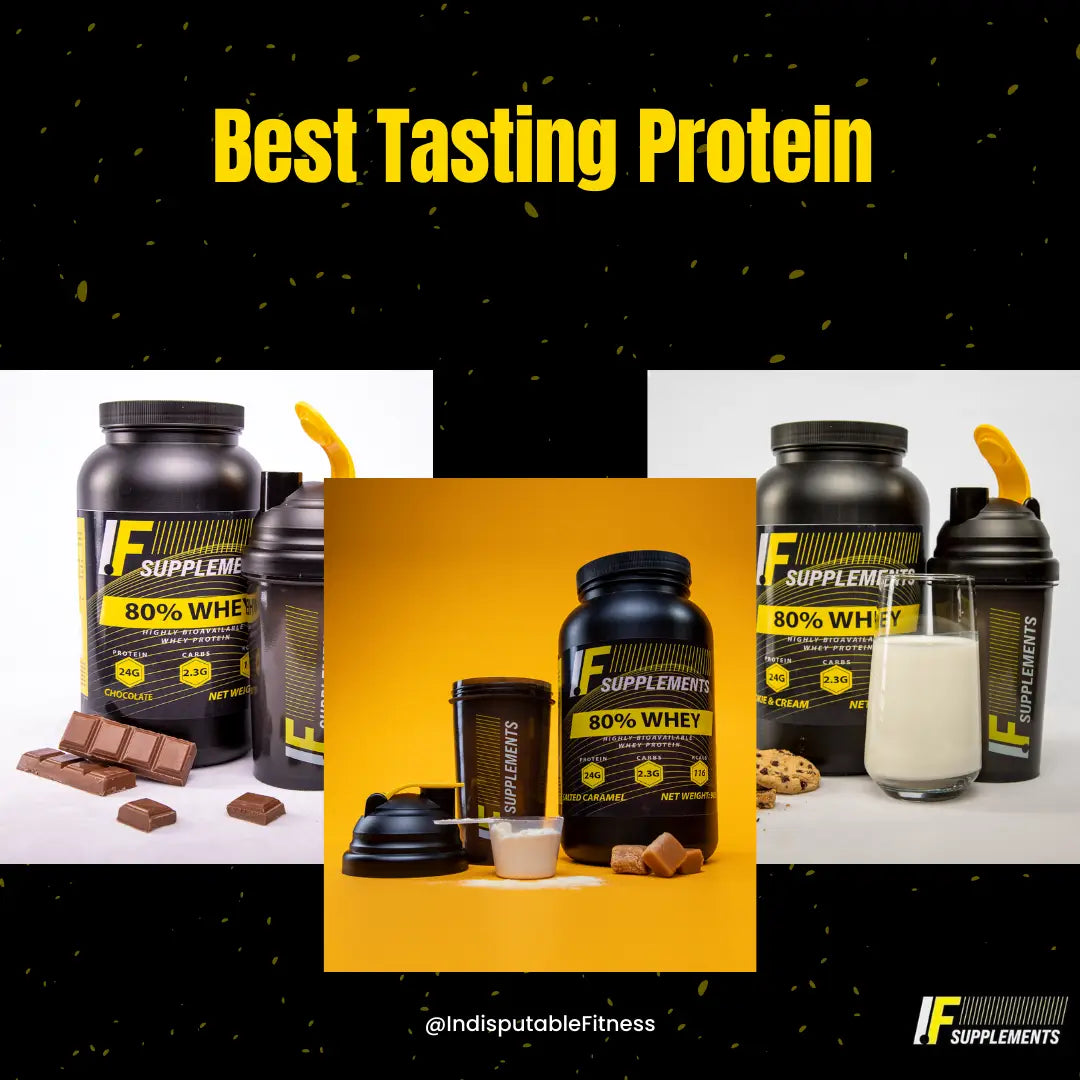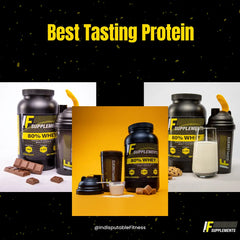
Different Types of Whey Protein and Their Uses
Share

Whey protein is among the most popular dietary supplements, favored by athletes, bodybuilders, and those dedicated to fitness. As a complete protein with all nine essential amino acids, it plays an important role in muscle repair, immune system function, and overall wellness. Derived from milk during the cheese-making process, whey protein is available in several types—each offering unique features and benefits for various nutritional needs. By understanding the differences between them, you can make the most informed choice for your goals, whether that's muscle growth, weight management, or digestive comfort.
1.Whey Protein Concentrate (WPC)
Whey Protein Concentrate is the most common and affordable form of whey protein. With a protein content of about 70-80%, WPC also contains small amounts of lactose, fat, and beneficial micronutrients, providing a more complete nutritional profile. Its versatile composition means WPC is widely used in a variety of products, such as protein bars, shakes, and meal replacements, making it suitable for everyday supplementation.
The benefits of WPC include:
2.Whey Protein Isolate (WPI)
Whey Protein Isolate goes through extra filtration to remove almost all fats and lactose, resulting in a product that is usually 90-95% pure protein. The minimal presence of carbohydrates and calories makes WPI a premium choice for people seeking a cleaner, faster-digesting source of protein. Its high purity ensures that you get the most protein per serving with very little lactose, so it’s suitable for individuals who are lactose sensitive or following strict calorie-controlled plans.
The benefits of WPI include:
3.Hydrolyzed Whey Protein (HWP)
Hydrolyzed Whey Protein represents the most advanced and easily digestible type of whey protein. Undergoing a process called hydrolysis, the protein strands are broken into smaller peptides, which enhances both speed and ease of digestion. HWP is commonly recommended for those needing rapid nutrient delivery, or for individuals with sensitive digestion looking for the gentlest option.
The benefits of HWP include:
There are different types of whey protein, each suited to distinct health and fitness goals. WPC is the most accessible, offering excellent nutritional value for regular use in supplements, shakes, and food products. WPI stands out as the purest form, perfect for those prioritizing easy digestion, minimal lactose, or strict calorie management. HWP, broken down for superior absorption and comfort, is the preferred choice for those with heightened recovery needs or digestive concerns.
To get the most from your whey protein supplement, carefully assess your personal fitness targets, tolerance for lactose, and dietary constraints. Making the right choice for your protein source can help maximize results, support muscle building, aid in weight management, and contribute to better overall health.